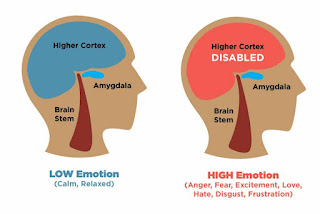Conversation Stations and Basic Mental Entities as Linguistic Phenomena in Children Language Development*
Infants experiencing difficulties in expressing an object or describing events in time do not necessarily mean that their mind stops processing the language. We, however, should persistently provide enough room to them for talk that is beneficial for their later development. Unluckily, children, to some extend, lack of opportunities to have meaningful conversations, rich vocabularies, and complex sentences modelled by their parents or caregivers. The current research, thus, aims to investigate how the implementation of conversation stations relates to children language development. This employs the qualitative research design, involving 4 children aged 4. To identify the linguistic features that the participants presumably show, basic mental entities column were also made as data collection guidance. Through the exchanges, children can describe events and situations, attributes, modifiers, and evaluation of events and situations, research shows. Conversation stations help children to develop linguistically.
*This article is presented in International Seminar and can be reached at https://eudl.eu/doi/10.4108/eai.5-8-2019.2289788


Comments
Post a Comment